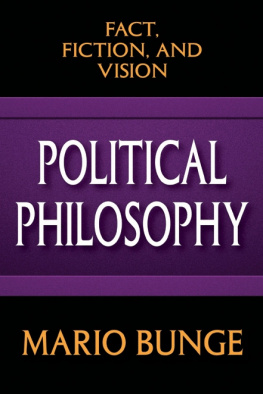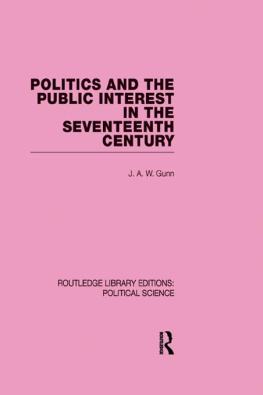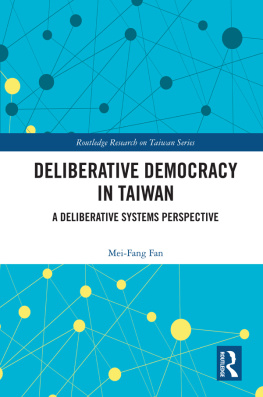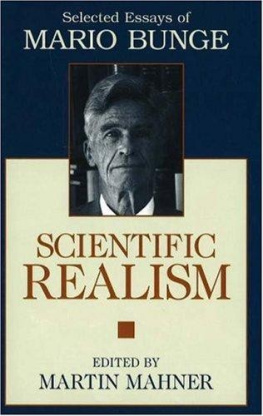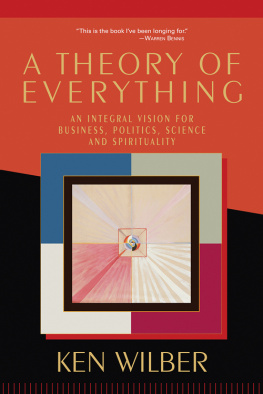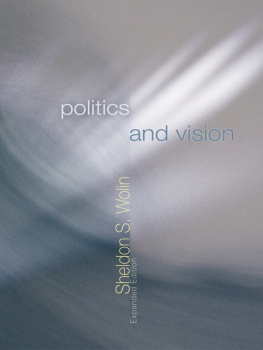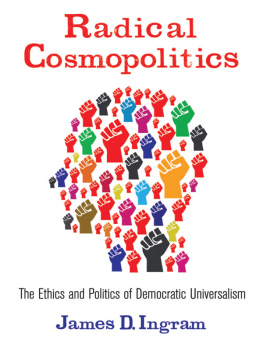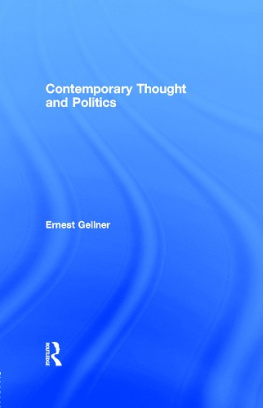


Transaction Publishers
New Brunswick (U.S.A.) and London (U.K.)
First paperback printing 2015
Copyright 2009 by Transaction Publishers, New Brunswick, New Jersey.
All rights reserved under International and Pan-American Copyright Conventions. No part of this book may be reproduced or transmitted in any form or by any means, electronic or mechanical, including photocopy, recording, or any information storage and retrieval system, without prior permission in writing from the publisher. All inquiries should be addressed to Transaction Publishers, 10 Corporate Place South, Piscataway, New Jersey 08854. www.transactionpub.com
This book is printed on acid-free paper that meets the American National Standard for Permanence of Paper for Printed Library Materials.
Library of Congress Catalog Number: 2008025320
ISBN: 978-1-4128-0828-6 (cloth); 978-1-4128-5587-7 (paper)
Printed in the United States of America
Library of Congress Cataloging-in-Publication Data
Bunge, Mario Augusto.
Political philosophy : fact, fiction, and vision / Mario Bunge.
p. cm.
Includes bibliographical references and index.
ISBN 978-1-4128-0828-6 (alk. paper)
1. Political science. 2. Political science--Philosophy. I. Title.
JA71.B834 2008
320.01--dc22
2008025320
Contents
This book is about politics, political theory, and political philosophy. Although these two disciplines are often conflated because they interact, they actually are distinct. In fact, political theory is part of political science, whereas political philosophy is a hybrid of political theory and philosophy. The former discipline is descriptive and explanatory, whereas the latter is prescriptiveto the point that it is often called normative theory. Simmons (2008: 1) defines it correctly as the evaluative study of political societies. In other words, whereas politologists describe and explain politics, political philosophers examine it critically and venture to suggest improvements and, on occasion, radically different social futures. Political philosophers propose scenarios and dreams where political scientists offer snapshots of existing polities.
For example, at this time, the right to gainful and secure employment is moral, not yet legal; hence it belongs in political philosophy and social technology rather than in political science (see ILO 2004). By contrast, the hypothesis that Great Powers in relative decline instinctively respond by spending more on security and thereby divert potential resources from investment and compound their long-term dilemma (Kennedy 1988: xxvi) belongs in political science and historiography.
Because of its normative nature, political philosophy has a moral sting that political science lacks. When the political scientist soberly reports on low voter turnout, the political philosopher deplores that this is an indicator of the decline of civic-mindedness or even democracy; political scientists call settlement and strong leadership what political philosophers condemn as colony and tyranny respectivelyand so on.
However, political philosophy is not yet a well-defined field: it hovers between political theory and utopian fantasizing. It devotes too much time reanalyzing the works of Plato, Aristotle, Thomas Aquinas, Hobbes, Spinoza, Locke, Montesquieu, Kant, Rousseau, or Bentham. But none of these thinkers could have anticipated any of the most pressing political issues of our time. There is the need to stop global warming, dismantle nuclear armament, prevent further resource wars, stop the rise of inequality between individuals and nations, and fight authoritarianism, particularly when it comes disguised as democracy or as socialism.
Not even more recent social thinkers, such as John Stuart Mill, Karl Marx, Emile Durkheim, Max Weber, Vilfredo Pareto, John Dewey, Joseph Schumpeter, Harold Laski, Karl Popper, Hannah Arendt, or John Rawls, had much to say about such topical issues as environmental degradation, gender and race discriminations, participative democracy, nationalism, imperialism, the North-South (or developed-underdeveloped) divide, resource wars, the industrial-military complex, or the connections between poverty and environmental degradation, and between inequality and bad health. (See Lesnoff 1999 for a fair discussion of twentieth-century political philosophers.)
Worse, above their ideological divergences, most political philosophers have been nearly unanimous in their indifference to the plight of the Third World. Consequently the bulk of political philosophy is irrelevant to five-sixths of humankind. The present author, a native of this world, does not share that indifference. In general, I agree with Dworkin (2000: 4) that it [is] essential that political philosophy respond to politics instead of dealing with fictions such as those of the state of nature, social contract, liberty without equality, and social justice dispensed from above. The very notion of an apolitical political philosophy is an oxymoron.
We are given a single world, not a free choice of worlds. Note that I just wrote world, not USA. This choice of words is deliberate, for I believe that contemporary political philosophy is still far too USAcentric and Eurocentric, while politics is being played in the world stage rather than only in the U.S. government. I also happen to think that political philosophers should pay more attention to numbers, such as the standard index of income inequality and the more comprehensive UN human development index for the various nations. It is pointless to write about redistributive policies unless we have some of idea of the current wealth distribution.
However, the irrelevance or obsolescence of many political ideas matter little to our concern, because we shall discuss topical political issues and social policies rather than authors or fanciful worlds. In fact, we shall focus on some current problems and shall seek promising leads to the future.
As usual, I owe much to a number of scholars and students who asked stimulating questions, formulated criticisms, offered advice (not always followed), gave pertinent information or encouragement, or helped to cope with calamities. This time I single out David Blitz, Ricardo Bloch, Michael Brecher, Moish Bronet, Antonio Colomer Viadel, Rafael Gonzlez del Solar, Peter C. Hoffmann, the late Gino Germani, Irving Louis Horowitz, Michael Kary, Jonathan Loeb, Martin Mahner, Luis Marone, Antonio Martino, the late Robert K. Merton, Ignacio Morgado-Bernal, David Oswald, Andreas Pickel, the late Anatol Rapoport, Nicholas Rescher, Marc Silberstein, Charles Tilly, the late Bruce G. Trigger, Roberto Tuda, and Per-Olov Wikstrm. And, as ever, I thank Marta, my wife of half a century, and my children: Carlos, Mario, Eric, and Silvia.
I dedicate this book to the memory of my father,
Augusto Bunge (1877-1943),
physician, the first Latin American medical sociologist,
parliamentarian, and champion of social justice
and universal health care.
My father was active in politics from his student days till his last day, when harassed by the police for his anti-fascist militancy. He transmitted to me his passion for politics viewed as the civic arm of morality, as well as his conviction that social policies should be based on social science rather than improvised in the hunt for votes. I can still picture him speaking in the Argentine Congress, standing beside his armchair flanked by two tall piles of learned books and journals in four languages, which he used to justify or criticize a new bill, while most of his colleagues, attuned to fiery rhetoric rather than solid evidence, listened respectfully or dozed.
Next page
